Welding Rod : What is 7018 welding rod used for?
Welding is a fundamental process in metal fabrication, joining materials to create structures and products essential to various industries. Among the multitude of welding electrodes available, the 7018 welding rod stands out for its exceptional versatility and widespread use. In this article, we delve into the specifics of the 7018 welding rod, exploring its composition, characteristics, and the diverse range of applications where it proves to be indispensable.
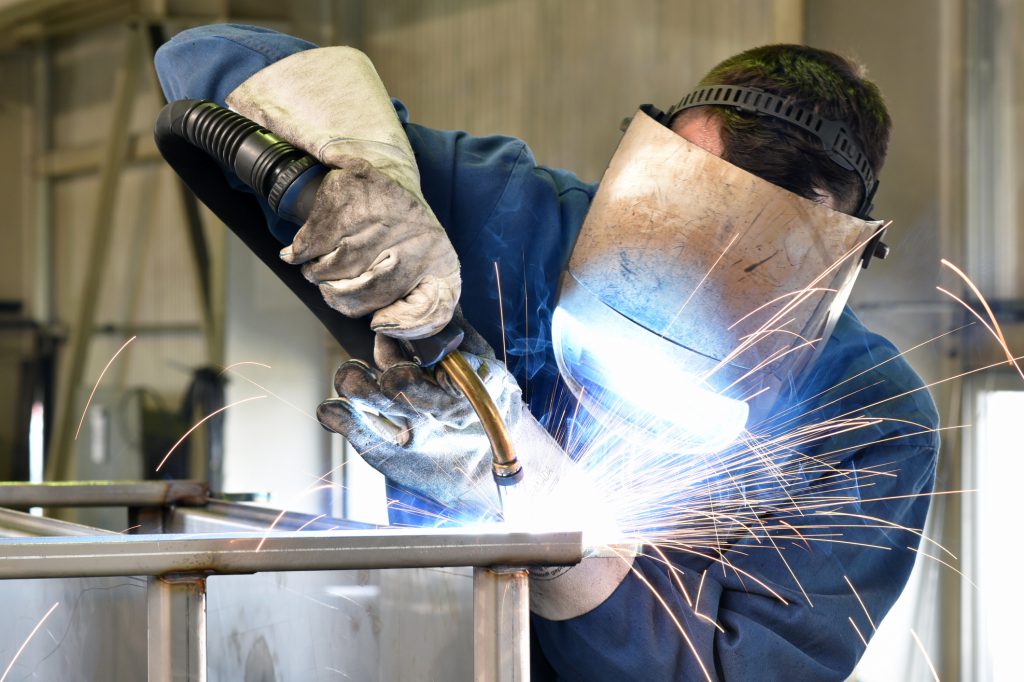
Understanding the 7018 Welding Rod
The E7018 electrode, categorized by the American Welding Society (AWS), is a low-hydrogen, iron-powder electrode recognized for its excellent welding performance, user-friendly nature, and adaptability to both direct current (DC) and alternating current (AC) welding apparatus. The specific properties of the electrode are indicated by the “7018” in its E7018 classification, where “E” signifies its electrode designation.
Composition and Characteristics
The composition of the 7018 welding rod is a crucial factor in determining its performance. Typically, it consists of a flux-coated core wire made of mild steel, along with additional components such as iron powder and low levels of hydrogen. The iron powder enhances the electrode’s deposition rate, resulting in faster and more efficient welding.
Low-hydrogen electrodes like the 7018 are essential for welding applications where the integrity of the weld is paramount. Excessive hydrogen in the weld can lead to hydrogen-induced cracking, compromising the strength and durability of the joint. The 7018’s low hydrogen content minimizes the risk of such issues, making it suitable for critical welding projects.
Applications of the 7018 Welding Rod
1. Structural Welding:
The 7018 welding rod is widely used in structural welding applications, particularly in the construction of buildings, bridges, and other infrastructure. Its ability to produce high-quality welds with excellent strength and ductility makes it a preferred choice for welding structural components.
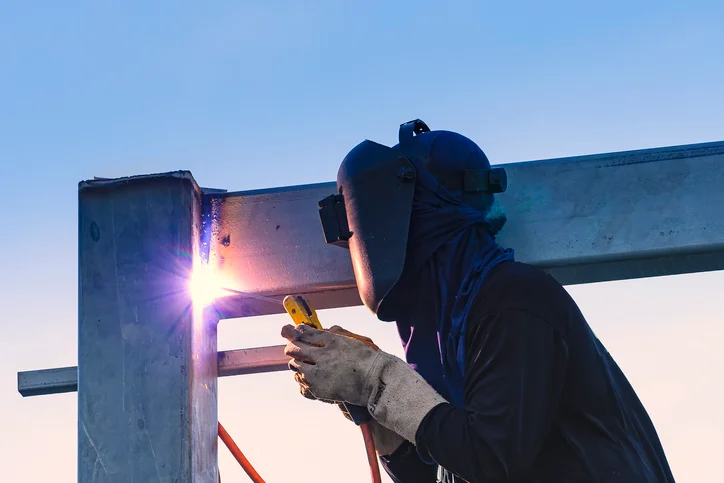
2. Pressure Vessels:
Due to its low-hydrogen characteristics, the 7018 welding rod is commonly employed in the fabrication of pressure vessels. These vessels, which are used in various industries, require welds with exceptional integrity to ensure the containment of fluids and gases under pressure.
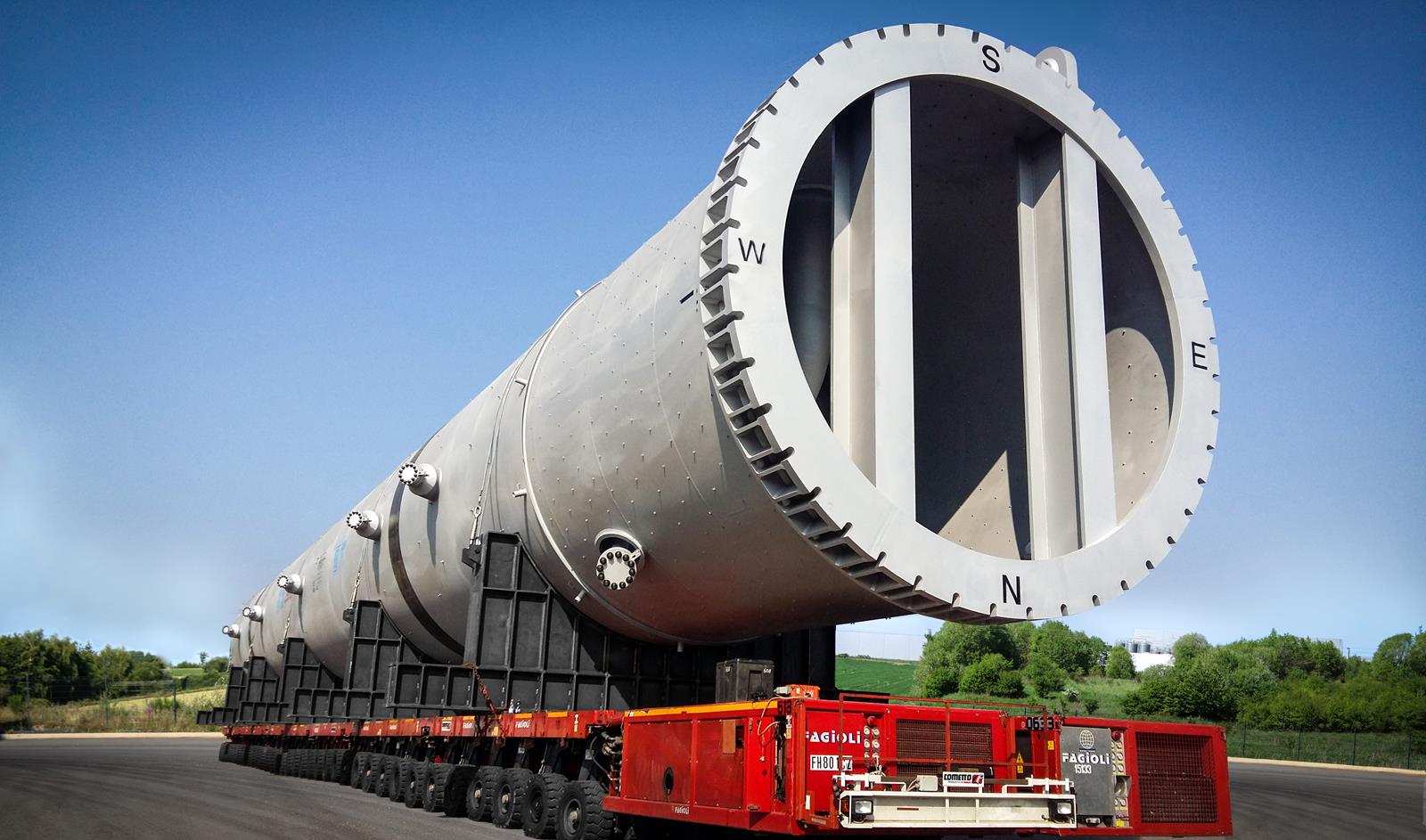
3. Pipelines:
The oil and gas industry extensively utilizes the 7018 welding rod for pipeline welding. The electrode’s capability to produce sound welds, even in challenging environments, makes it a reliable choice for joining sections of pipelines that traverse diverse terrains.
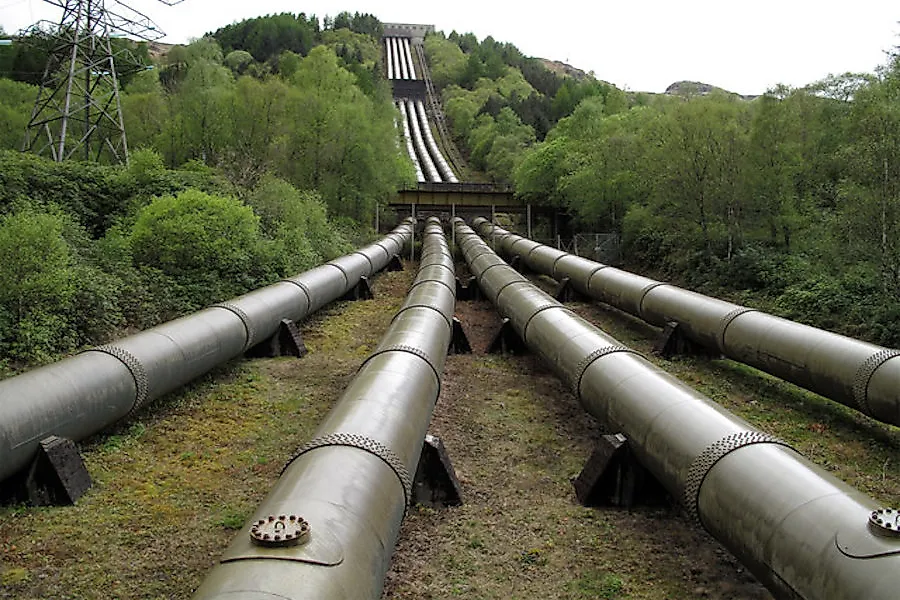
4. Shipbuilding:
In the maritime industry, where the demand for sturdy and corrosion-resistant welds is high, the 7018 welding rod finds extensive use in shipbuilding. Its ability to create welds with excellent mechanical properties contributes to the overall structural integrity of vessels.
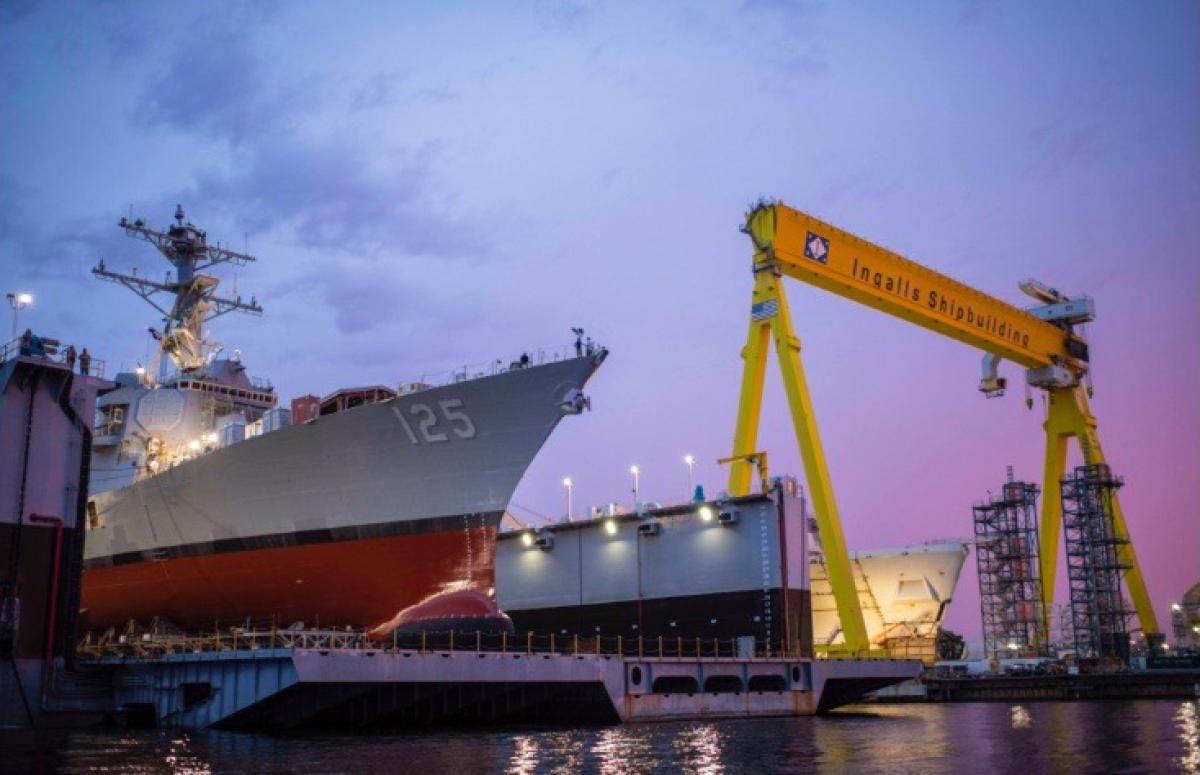
5. General Fabrication:
The versatility of the 7018 electrode extends to general fabrication work, encompassing a broad spectrum of projects. From manufacturing equipment to crafting metal structures, welders often turn to the 7018 rod for its dependable performance across various applications.

Advantages of Using the 7018 Welding Rod
1. Dependable Weld Quality:
One of the primary advantages of the 7018 welding rod is its ability to consistently produce high-quality welds. The low-hydrogen composition minimizes the risk of defects such as porosity and cracking, resulting in welds with excellent strength and toughness.

2. Versatility in Welding Positions:
The 7018 electrode is renowned for its versatility in welding positions. Whether welding in the flat, horizontal, vertical, or overhead positions, the 7018 rod adapts well, providing welders with flexibility and ease of use in various scenarios.

3. Minimal Spatter:
Welding with the 7018 rod often leads to minimal spatter, reducing the need for extensive post-weld cleanup. This characteristic enhances efficiency and saves time, making it a preferred choice for projects with tight timelines.

4. Smooth Arc Characteristics:
The 7018 welding rod offers smooth arc characteristics, allowing for precise control during the welding process. Welders appreciate the stability of the arc, which contributes to better bead appearance and overall weld quality.
5. Good Slag Coverage:
The flux coating on the 7018 electrode provides excellent slag coverage, protecting the molten weld pool from atmospheric contamination. This feature is especially beneficial when welding in less-than-ideal conditions or outdoors.
Conclusion
In conclusion, the 7018 welding rod stands as a stalwart in the world of welding, offering a combination of reliability, versatility, and quality that meets the demands of a wide array of applications. From structural welding to the fabrication of pressure vessels and pipelines, the 7018 electrode has proven its mettle across diverse industries. Welders, engineers, and fabricators continue to choose the 7018 welding rod for its ability to consistently deliver welds that meet or exceed the stringent requirements of critical projects. As technology advances, the 7018 rod remains a timeless and essential tool in the toolkit of welders worldwide, embodying the principles of strength, durability, and precision in the art of welding.
READ MORE: WHAT IS BUTTON HEAD SCREWS , AND PROPERTIES , APPLICATIONS
READ MORE: How to start a new startup business on Deepawali 2023




